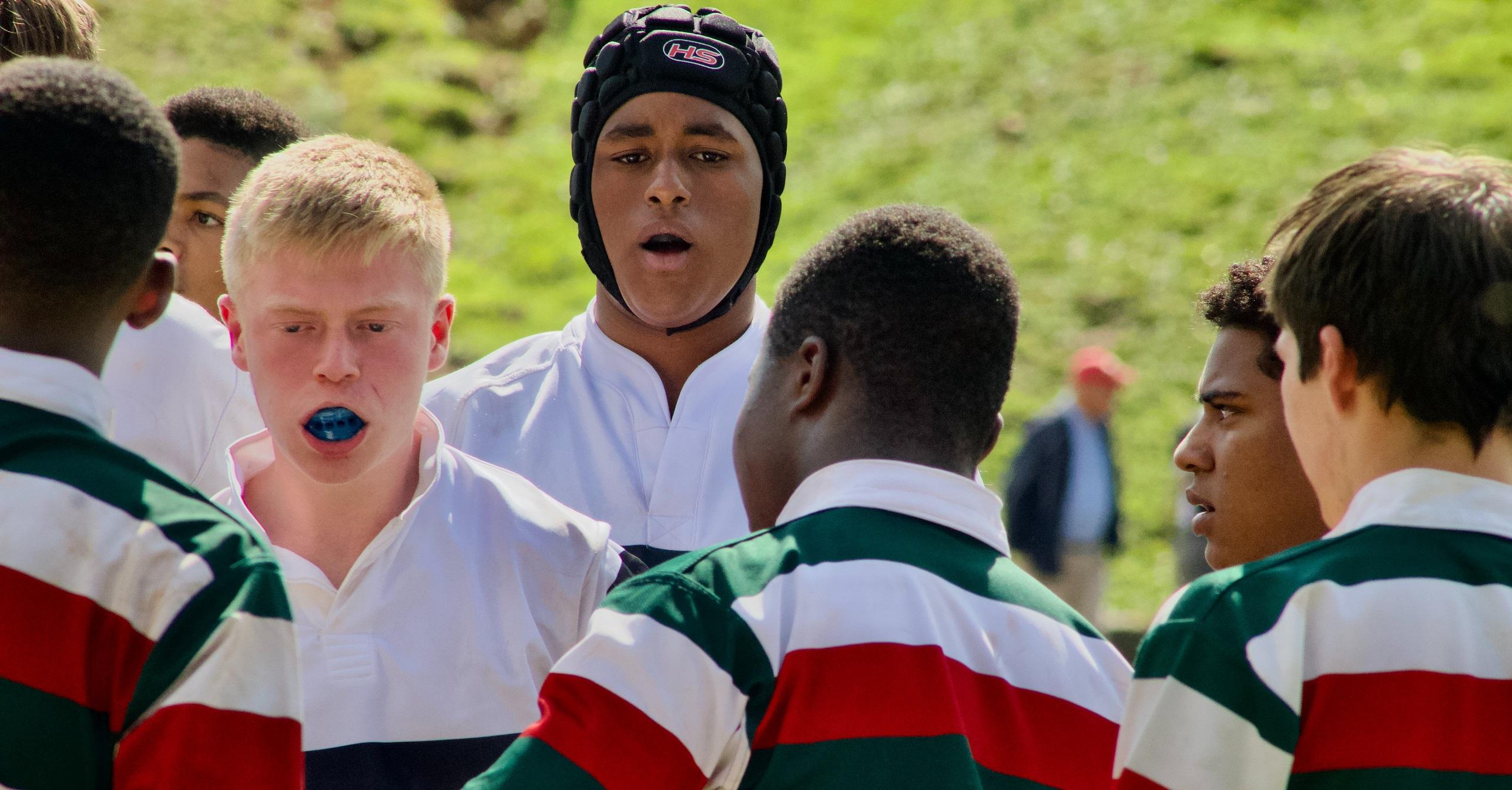


Is Rugby Safe for Children?
11 July 2023
Some parents may be hesitant to let their children play rugby because they are concerned about the risks of injury. The debate about whether rugby is safe for children has been ongoing for many years. So, what are the facts? Is rugby safe for kids, or is it too dangerous a sport for them to be playing? Here are 5 ways that rugby has been made safer for children.
Rules To Protect Children
Rugby is a demanding sport requiring split-second decisions and a high fitness level. However, the game's rules have been designed to make it as safe as possible for children of all ages to play. There are minimum ages - until the age of 9, tackles aren’t allowed. Until the age of 14, scrums aren’t contested, and only teenagers over 15 can contest line-outs. The matches are shorter and ball times smaller so that kids can keep up with the physical demands of the sport.
Proper Training
Like any sport, the safest way for children to play rugby is by receiving proper training from qualified coaches. Coaches will teach kids the proper tackling, scrummaging, and rucking techniques. They’ll also ensure that players warm up properly before games and cool down afterwards. Proper training from professional coaches helps to reduce the risk of injuries.
Safety Gear
Another way rugby is made less dangerous for children is through wearing safety equipment. All players must wear a mouthguard to protect their teeth and gums. They can also wear a scrum cap, which is a soft helmet that helps to protect the head from impact. For children under 14, scrums are not allowed, so they don't need to wear a scrum cap. Shin pads help prevent bruising and other contact injuries on players’ legs.
Regular Medical Checkups
Players of all ages should have regular medical checkups to ensure they are physically fit to play rugby. These are especially important for children, as their bodies are still developing. A doctor can identify any health concerns that could put a child at risk for injury and can also help treat any injuries that have already occurred. It's also vital for parents to be aware of any medical conditions their child has that could make playing rugby unsafe. Physiotherapists often work alongside schools and rugby clubs, so that if a child does develop an injury, they have all the support they need to recover and strengthen the affected body parts.
Referees
Rugby is a physical sport, so someone must be on the field to enforce the rules and keep players safe. Referees are responsible for ensuring that players are following the rules of the game and not putting themselves or others at risk of injury. Children can play rugby with confidence knowing the referee on the field, to keep them safe.
Rugby is a safe and exciting sport that has many benefits for kids. Parents should feel confident letting their children play rugby, knowing that the game's rules have been designed to make it as safe as possible. It’s an excellent way for kids to stay fit and active while learning essential life skills such as cooperation and teamwork.
Read more about head injury risk when children play rugby.
Photo by Andrea Joshua Sibabalo Qoqonga on Unsplash
